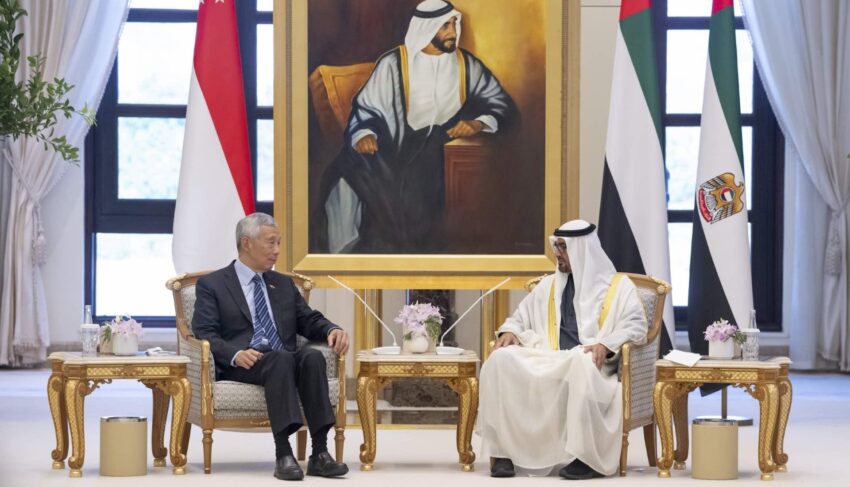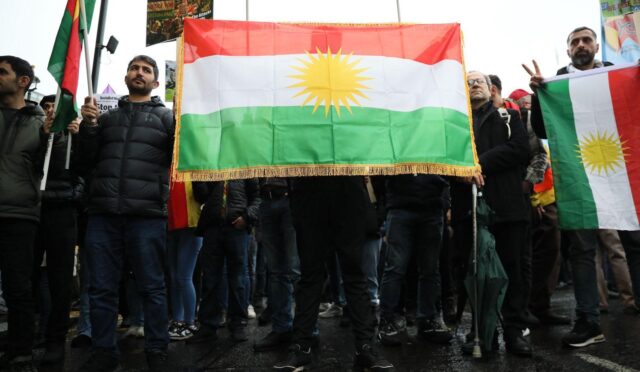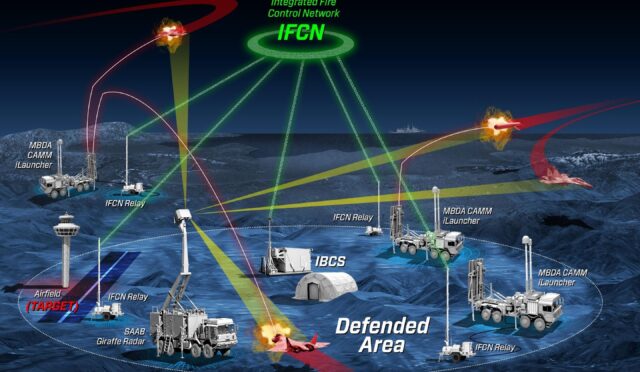Sudan Cuts Diplomatic Ties with UAE Amid Ongoing Conflict
In a significant escalation of hostilities, Sudan’s government aligned with the military announced on Tuesday that it was severing diplomatic relations with the United Arab Emirates (UAE). This decision was spurred by accusations that the UAE had been supplying arms to rival paramilitary groups, which have been launching attacks against the country’s de facto capital. Notably, a series of drone strikes targeted Port Sudan, including its primary port and the only operational international airport, marking the third consecutive day of assaults on the government’s power center.
During a televised address near the port, where smoke billowed from damaged fuel depots, Sudan’s army chief Abdel Fattah al-Burhan proclaimed a determination to defeat the paramilitary forces, referring to them as a militia supported by external aggressors. “The hour of retribution will come,” he warned, describing the situation as a direct attack from the Emirati side, further fueling tensions between both nations.
Drone Attacks Hit Key Infrastructure
On the same day that Sudan’s government made its diplomatic announcement, drone attacks were reported to have struck several critical locations in Port Sudan, which had previously been considered a sanctuary for those displaced by the ongoing conflict. The strikes were not limited to civilian areas; military installations were also targeted. This violence continues a troubling trend, as the civilian airport was forced to shut down following an attack on its facilities, grounding flights just two days after a military base in the area faced similar drone fire.
Eyewitness reports described pervasive chaos, with explosions audible throughout the Red Sea coastal city. Furthermore, these drone strikes also targeted a prominent fuel depot and a key power substation, leading to widespread blackouts. Images captured from the scene revealed thick plumes of black smoke rising above Port Sudan, although there were no immediate reports of casualties.
Humanitarian Crisis Fortified by Violent Escalation
The situation in Port Sudan has dire implications for humanitarian efforts, as the United Nations emphasizes the critical role of the airport as a lifeline for aid operations including the delivery of medical supplies. The UN’s top representative in the region warned that damage to civilian infrastructure during this violent conflict could exacerbate Sudan’s status as the world’s largest humanitarian crisis, particularly in light of the declared famine affecting vast areas.
An army source also confirmed that additional strikes targeted other military installations and infrastructure, which directly affected the civilian population’s struggle for resources. In the backdrop of the intensified military conflict, residents in Port Sudan faced long queues at petrol stations as they scrambled to fill their tanks, a reflection of the growing sense of urgency and peril.
Humanitarian Impact and Ongoing Violence
In a troubling continuation of violence, reports surfaced that the paramilitary forces shelled the Abu Shouk displacement camp near El-Fasher, resulting in loss of life and numerous injuries. This incident highlights the grim reality of the ongoing conflict, which has deeply divided the nation and led to widespread displacement. The persistent violence has not only claimed tens of thousands of lives but has also left millions facing severe hunger and homelessness.
As the fight for control persists, the RSF has increasingly turned to drone warfare, indicating a shift in tactics following substantial territorial losses earlier in the conflict. Meanwhile, Sudan’s military has reiterated accusations against the UAE for allegedly supplying the RSF with both advanced and makeshift drone technology, contributing to the complexities of an already dire situation.
International Reactions and Accusations
Following Sudan’s announcement of severed ties with the UAE, the International Court of Justice dismissed a case filed by Sudan accusing the UAE of complicity in genocide for its support of the RSF. The Sudanese military’s foreign ministry issued a statement accepting the court’s ruling while insisting it did not equate to a denial of the serious violations reported.
As international calls for de-escalation emerge, the Sudanese government is grappling with the implications of both a humanitarian crisis and heightened military confrontation. The fallout from this escalating conflict continues to pose critical challenges for both the region and the global community, as the fragile balance of power teeters on the brink of further instability.







